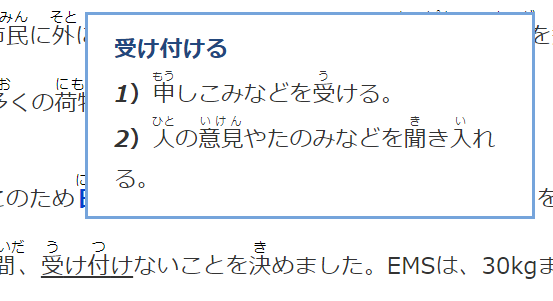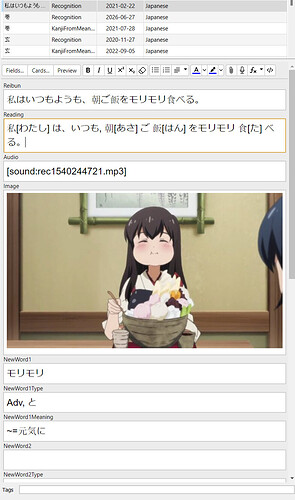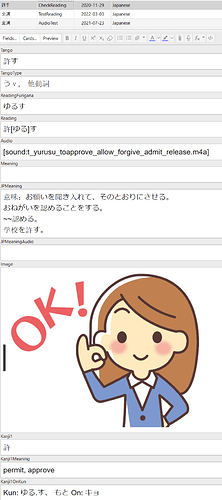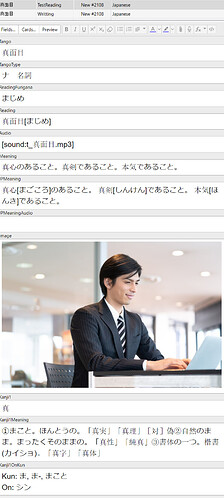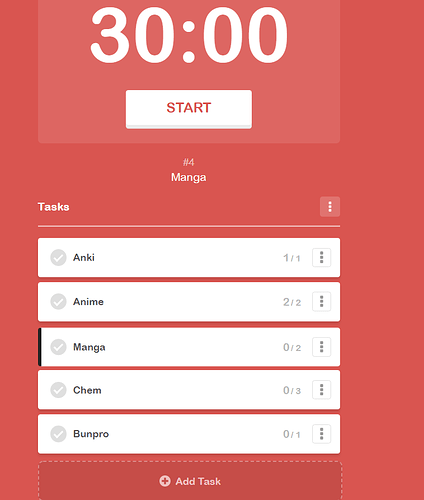April 22nd, 2022
Future Goals/Things I hope to achieve
- Prove that I am steadily improving
- Show/quantify the improvement
- Become confident in Japanese before my 6-month study abroad in Osaka on 2022-08-15T04:00:00Z
- Become Jouzu (Self-explanatory, read or watch whatever I want without getting headaches)
- Get feedback from the AJATT and JP learning community
- Optimize myself for speaking as much as possible before my study abroad
- Learn Pitch accent and pronunciation
- Optimize learning
- Make the Monolingual transition
- Acquire particles
Overview of my current situation
I spent a whopping year on Heisig’s RTK only to drop the SRS reps in order to put time into immersion. I don’t really count this time period as learning Japanese as I didn’t learn a thing other than what Duolingo taught me. I regret this, and if I had just done recognition for Kanji, I could’ve been a year better than what I am now.
It was around New Year’s that I started taking Japanese seriously; sentence mining, doing Anki decks, studying Tae Kim’s, and losing sleep to do Japanese. I cannot quantify my level and cannot tell you how good or bad I am, but I believe I am, at the very least, above N5.
My current daily habits
- Get Anki out of the way as early as I can (around 300 cards a day)
- Do some light immersion when I have time before, during, or after classes with little load (daily average of at least 40 minutes of semi-active or active immersion with Hololive (Usually around 7-11 AM EST so perfect time for catching Hololive streams))
- My fourth period (90) minutes is a study hall that I dedicate half of to BunPro reps (I’m around halfway through N4 and a quarter through N3) and new topics (anywhere between 5-10 new topics) and a half to reading Manga (right now I am on ニセコイ vol 7)
- I either go to a local cafe, or go home, where I spend, on average, 20-60 mins on manga, and 1-3 episodes on whatever anime I am watching (I usually watch with subs. Currently, I am watching Sword Art Online and Anohana)
Conclusion
While I only track my hours roughly in a normal habit tracker app, I would like to eventually begin tracking with something like Megumin details in their post " My 1 year+ streak of doing Japanese daily"
Thank you, everyone, for providing a great community to receive recommendations from. Please let me know any websites, programs, trackers, or methods you recommend. I am always open to new ideas. I hope to see you all from time to time so that I can share my progress some days, I feel amazing at Japanese, and on other days I feel like I’m the worst. I hope, at this rate, I can become Jouzu.
Ill be tracking my hours more accurately and let you all know every so often how it’s going, although I don’t know how to prove I am improving. Now I shall return to reading manga and squaring up, ready to fight Japanese particles.





